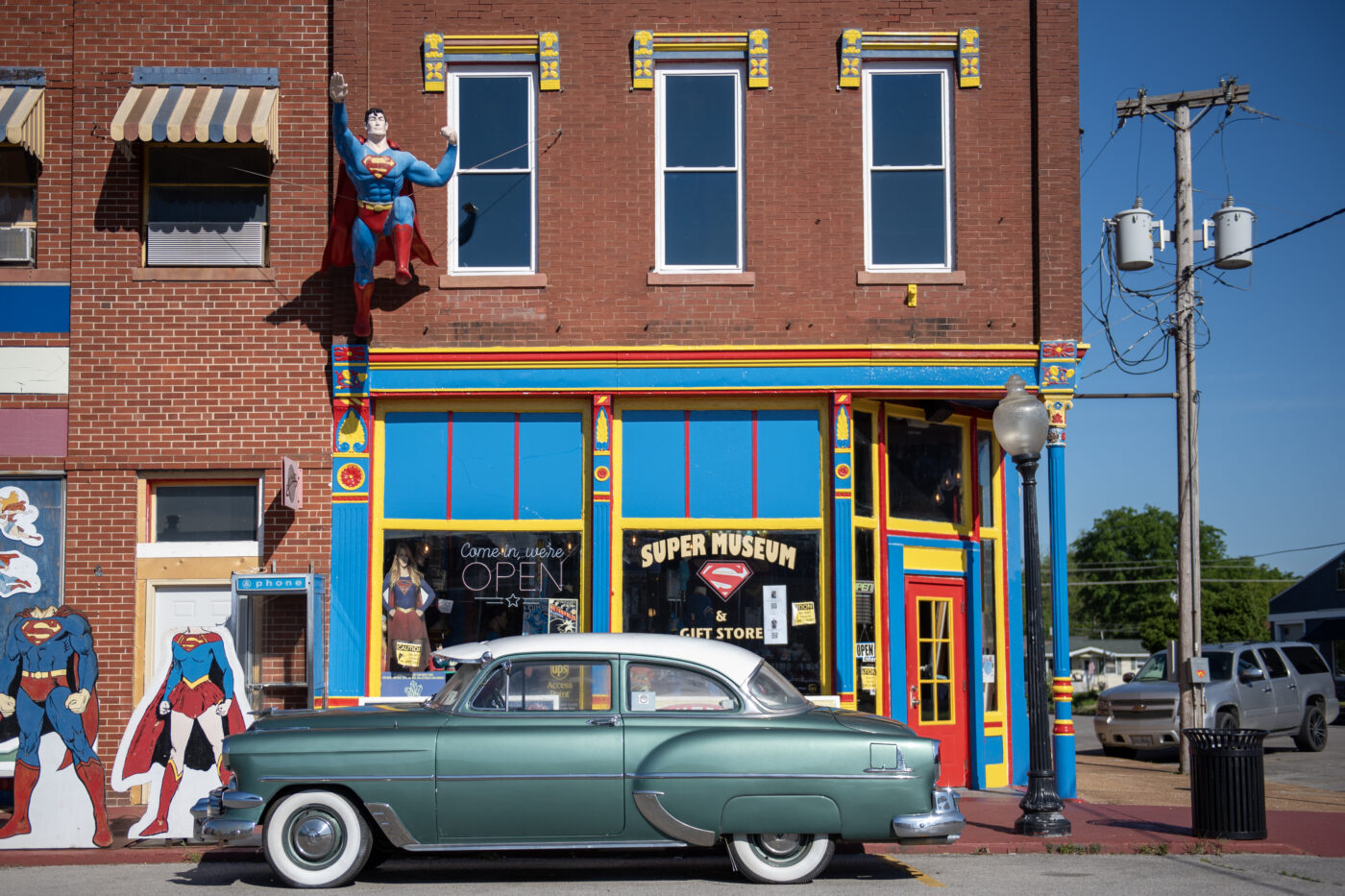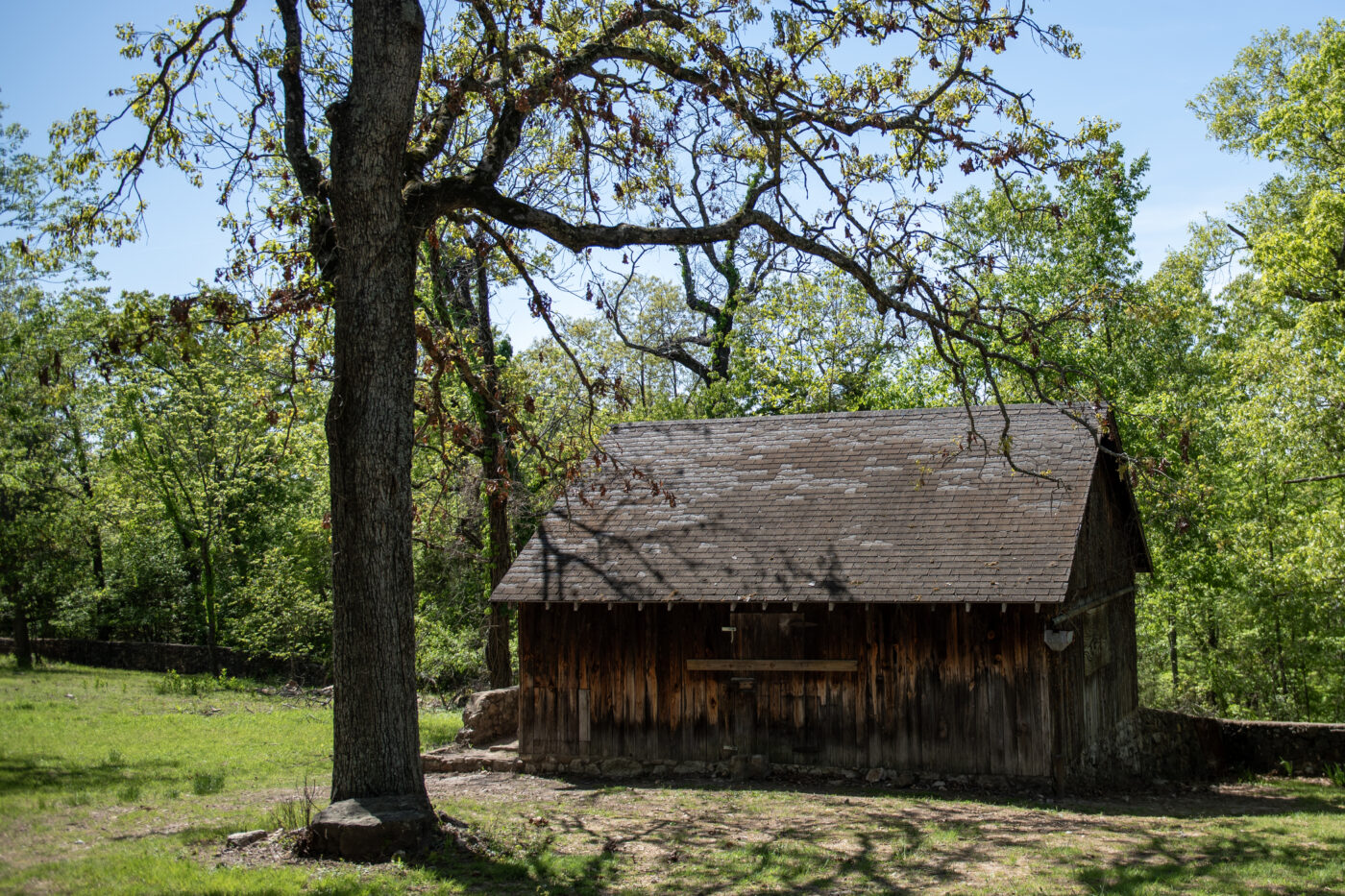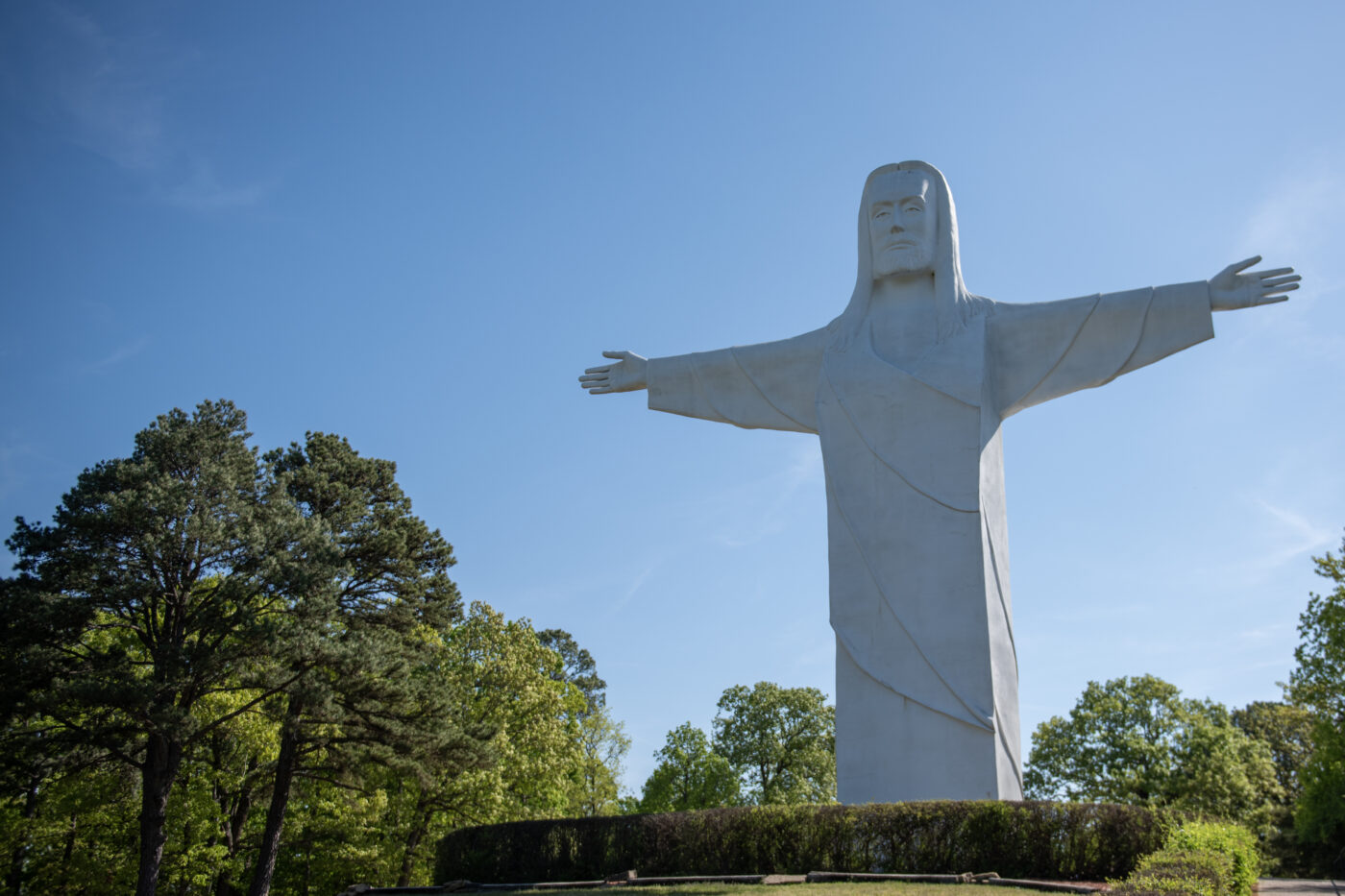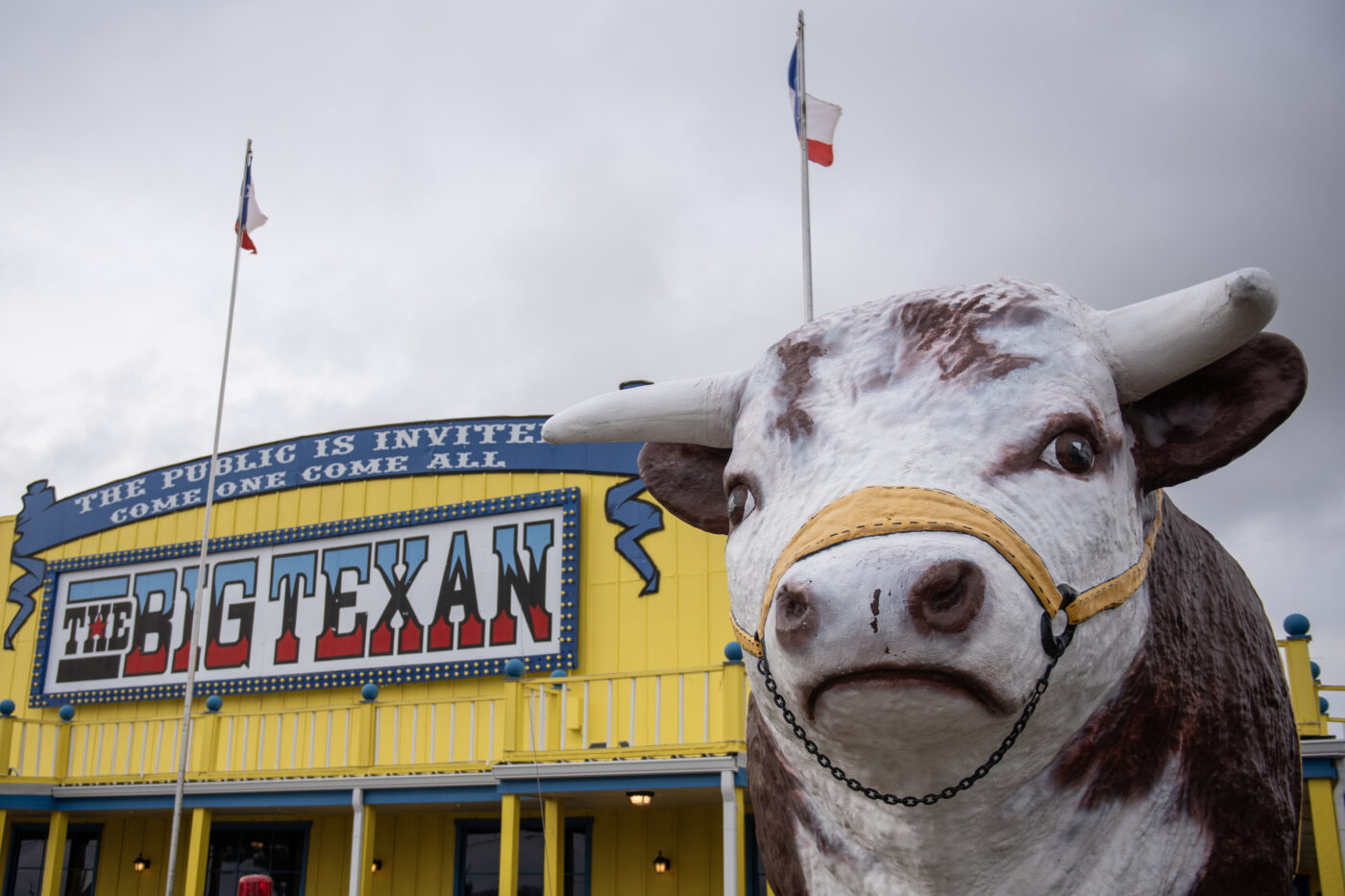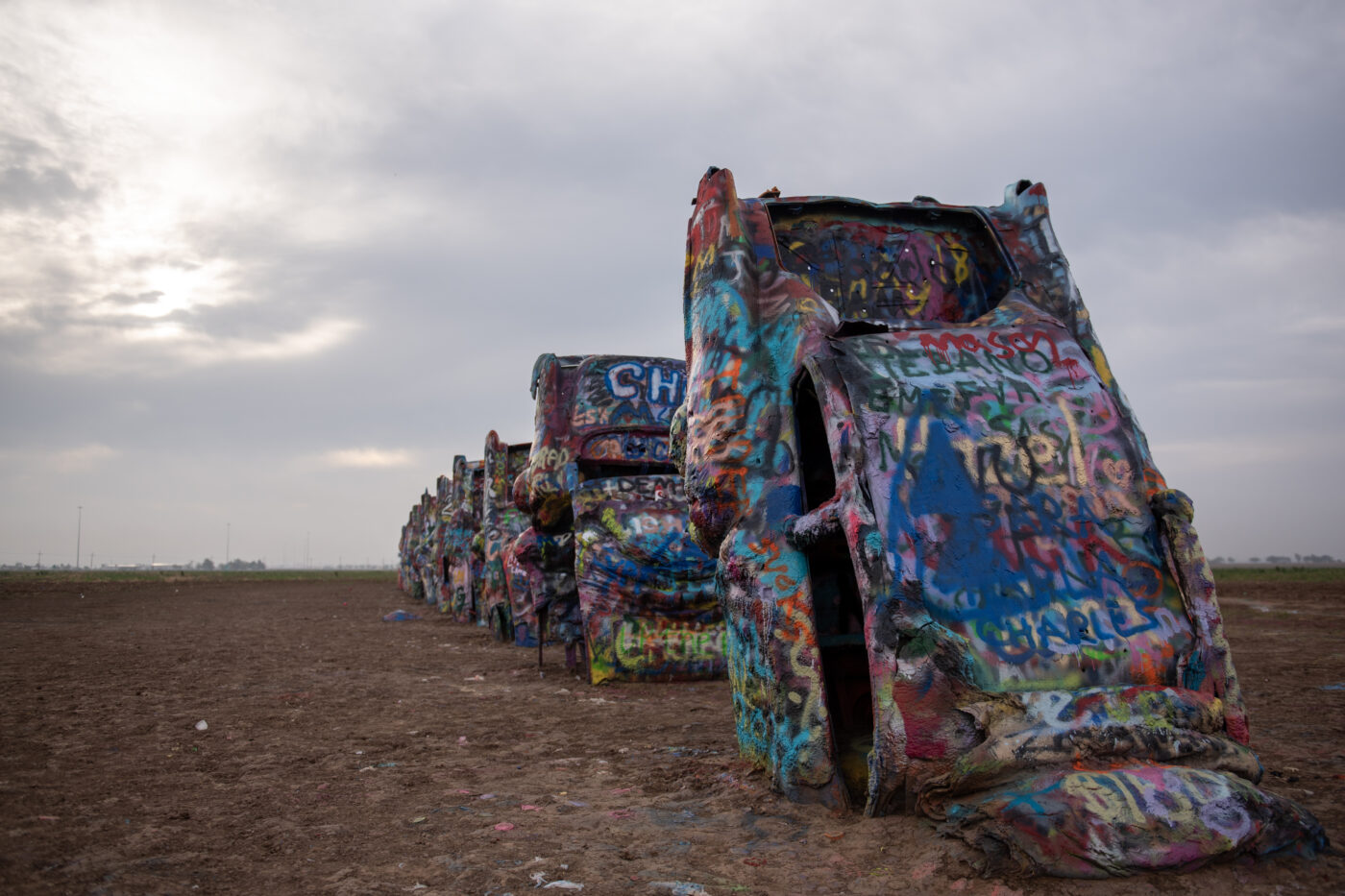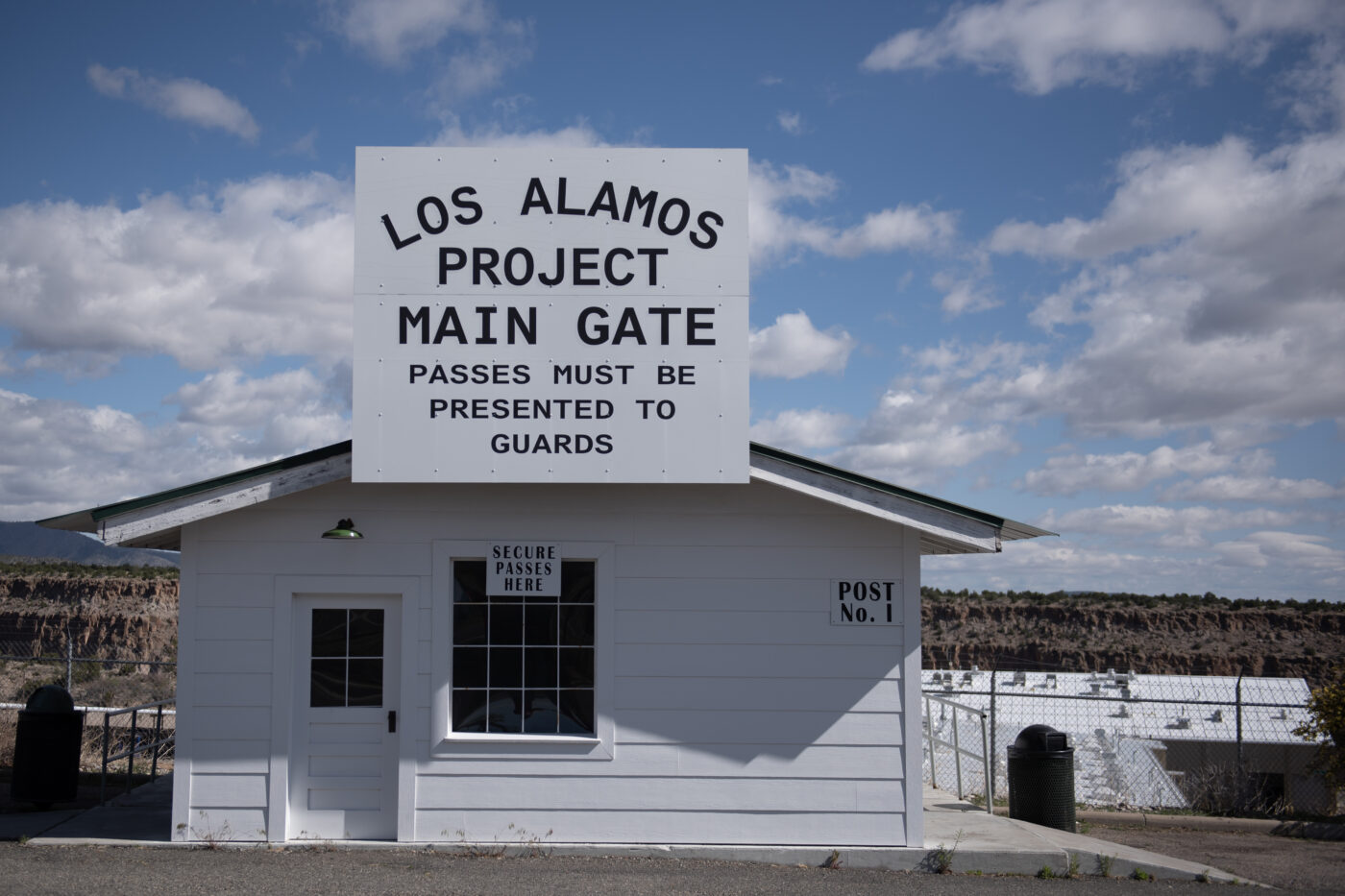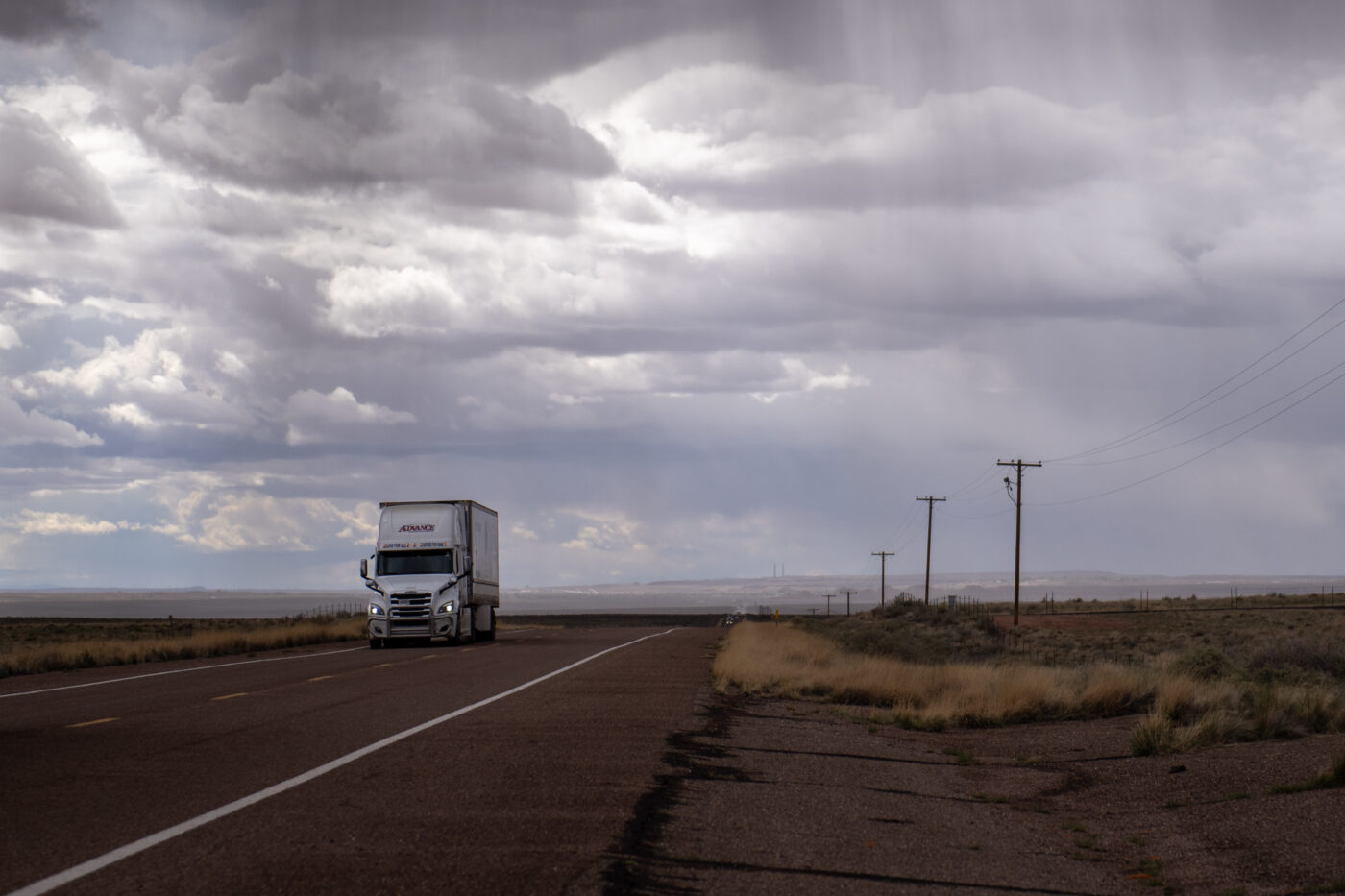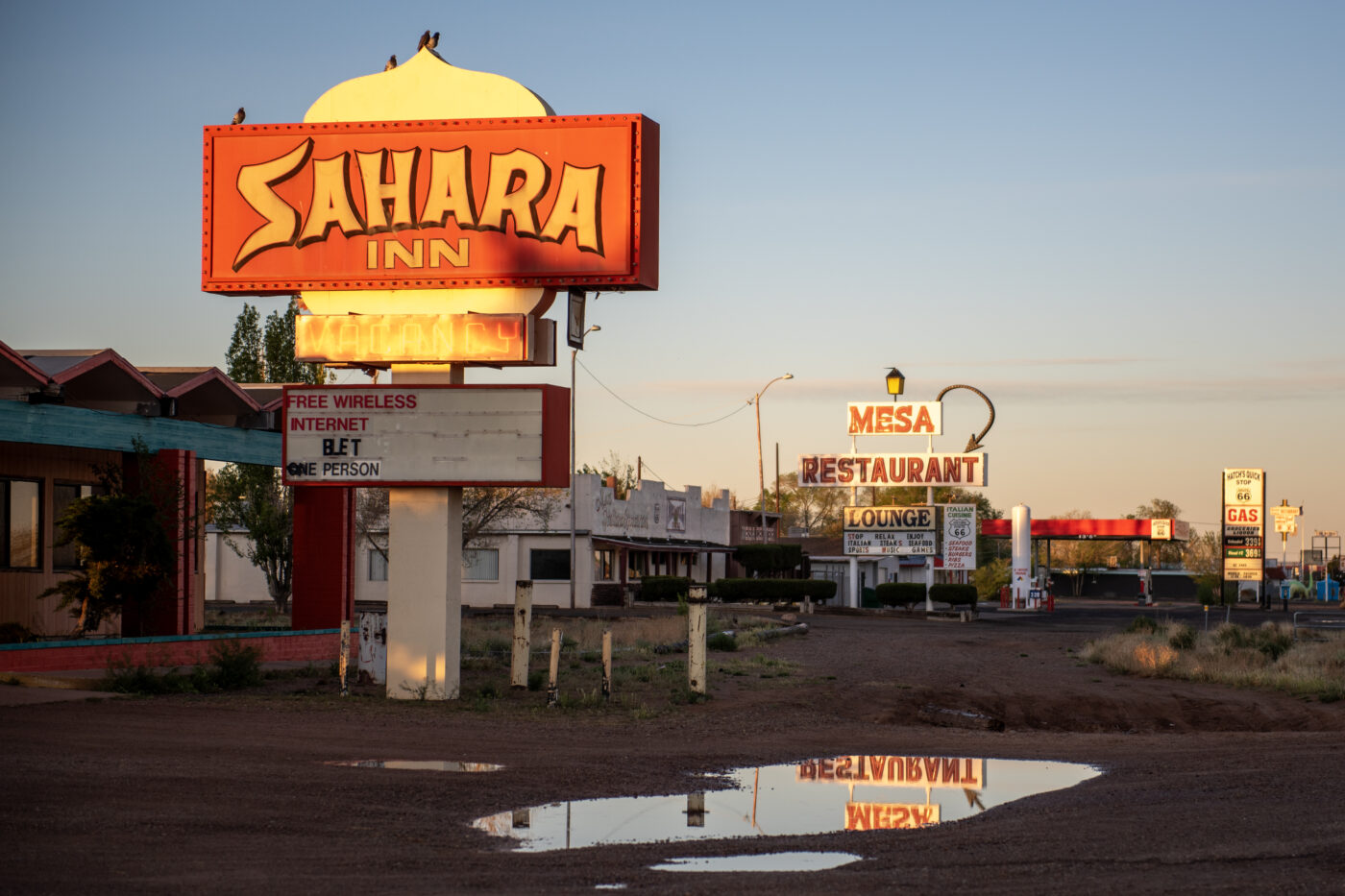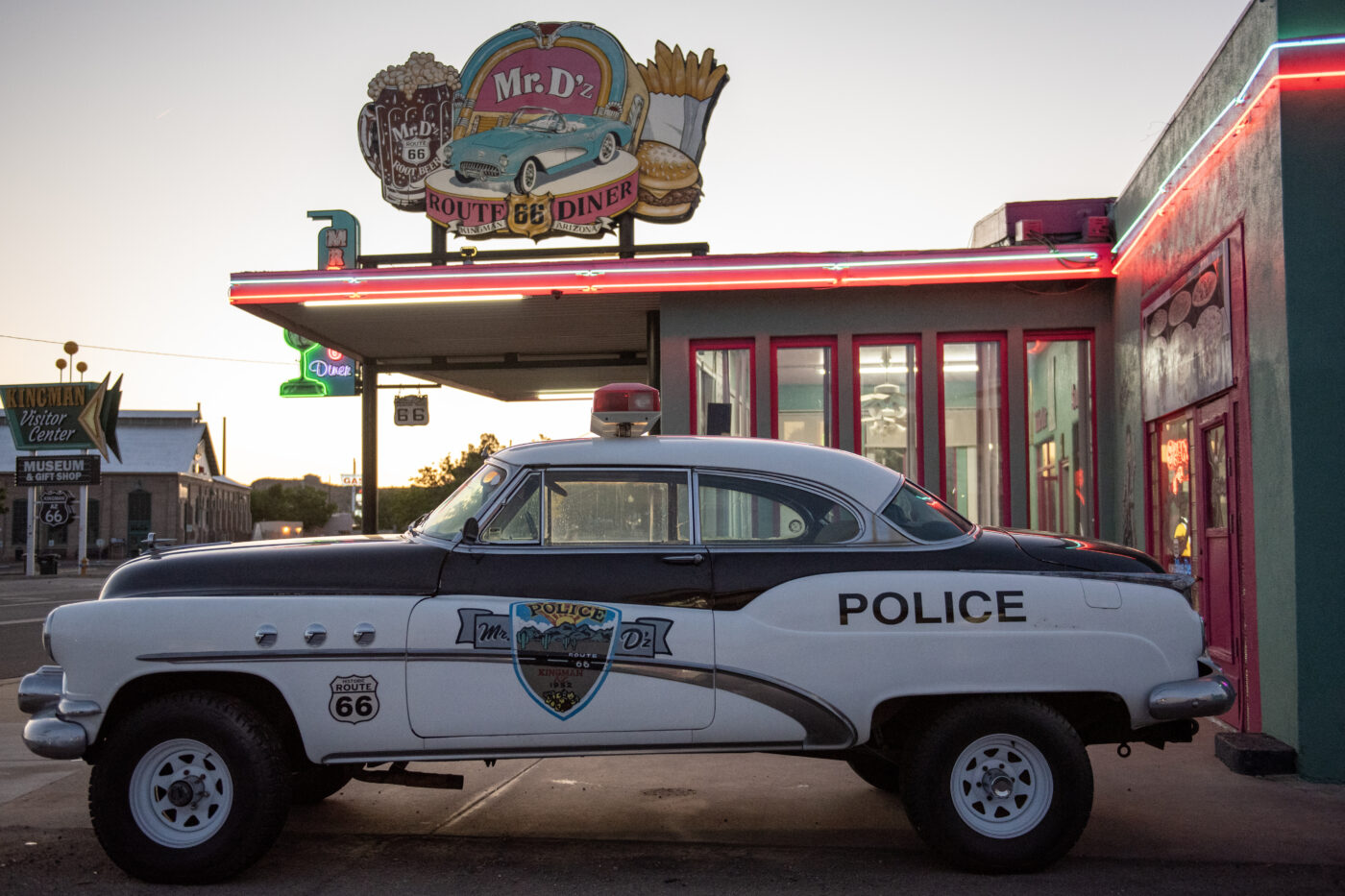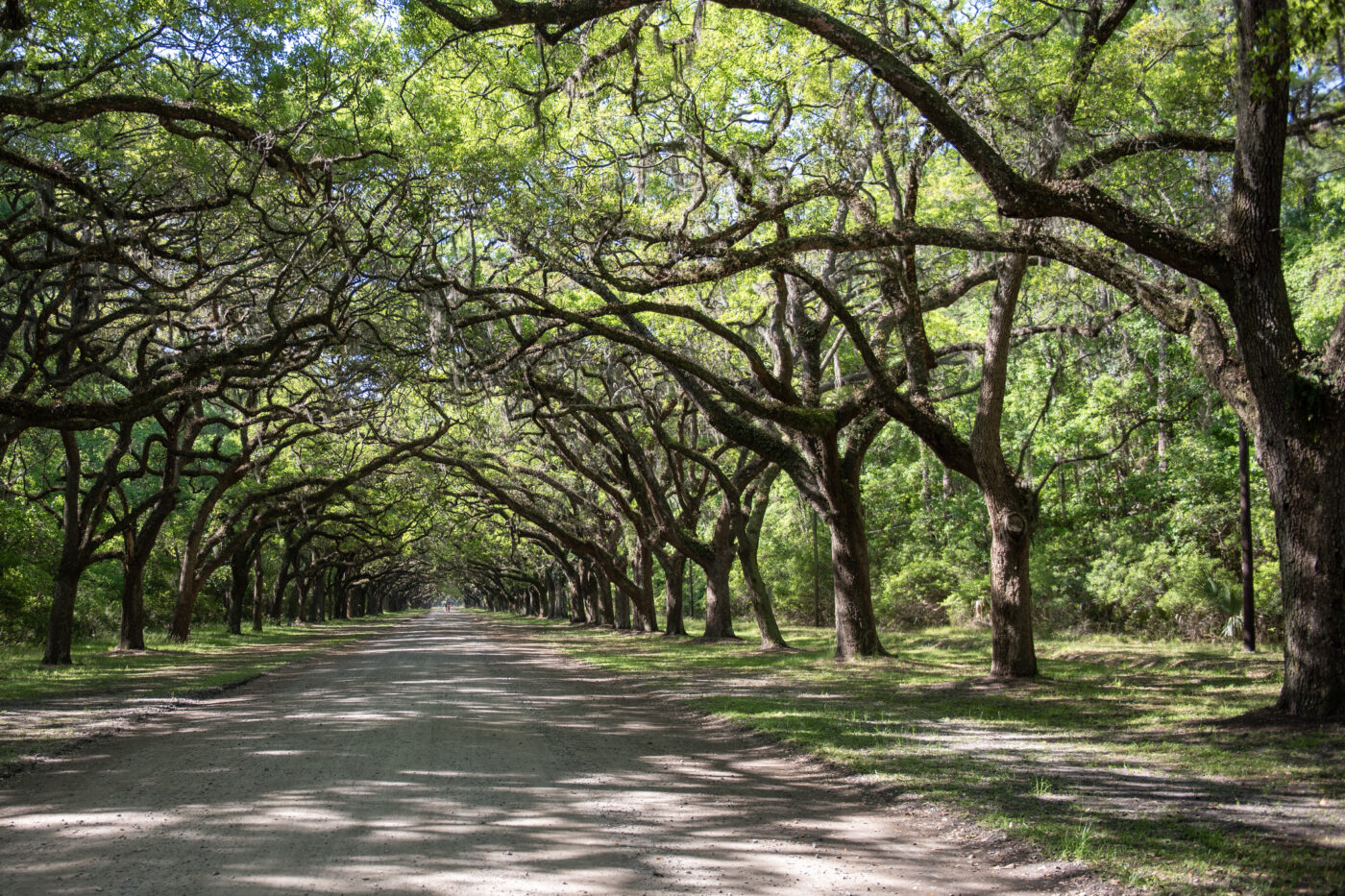Last night we spent the night in Paducah! Established in 1827, it served as a key trading post along the Ohio and Tennessee Rivers. The city played a significant role during the Civil War, serving as a strategic location due to its proximity to the Mississippi River and its railway connections. Following the war, Paducah experienced rapid industrialization, with industries like railroads, tobacco, and textiles driving its economy. In the 20th century, Paducah became known for its contributions to nuclear technology, hosting the Paducah Gaseous Diffusion Plant, which played a crucial role in enriching uranium for nuclear weapons and energy. (Unfortunately, after the plant’s closure, it not only resulted in the loss of thousands of jobs, but also led to years of environmental cleanup.)
We’re currently in Branson, nestled deep within the Ozarks. Spanning across Arkansas, Missouri, Oklahoma, and Kansas, the Ozarks are renowned for their dense forests, rolling hills, and pristine streams. From what I’ve seen so far, the forests are indeed very dense. Additionally, judging by the abundance of roadkill I’ve encountered driving across Missouri, I suspect there are plenty of critters here, especially armadillos.
This morning we visited Christ of the Ozarks, a giant monumental statue near Eureka Springs. Towering 67 feet tall, this sculpture portrays Jesus Christ with outstretched arms, overlooking the Ozark Mountains.
This morning, we visited the Oklahoma City National Memorial & Museum, which commemorates the victims, survivors, and rescuers of the Oklahoma City bombing. This bombing occurred on April 19, 1995, when a truck loaded with explosives was detonated outside the Alfred P. Murrah Federal Building. The bombing was perpetrated by domestic terrorists Timothy McVeigh and Terry Nichols. It resulted in the deaths of 168 people, including 19 children who were in the building’s daycare center, and injured over 600 others. The attack was one of the deadliest acts of domestic terrorism in U.S. history.
This morning we left Amarillo. It’s long been a key hub in the American West. Initially settled by Native American tribes, the area saw European exploration in the 16th century. However, it wasn’t until the late 19th century, with the arrival of the railroad, that Amarillo began to flourish. The town’s strategic position along the cattle trails led to its rapid growth as a center for the cattle industry. This growth was further fueled by the discovery of oil and natural gas in the early 20th century, transforming Amarillo into an important energy hub.
This morning we visited Los Alamos, the birthplace of the Manhattan Project. Established in 1942 as a secret research facility, it played a pivotal role in the development of the atomic bomb, which ultimately led to the end of the WWII. The brightest scientific minds of the time were recruited to work on the Project, leading to groundbreaking discoveries in nuclear physics. Following the war, Los Alamos continued to be at the forefront of nuclear research and weapons development during the Cold War era. Today, the Los Alamos National Laboratory, established in the aftermath of the Manhattan Project, remains one of the foremost research institutions in the world, focusing on national security, science, and technology.
Today we departed from Santa Fe. It’s the oldest continuously inhabited state capital in the U.S., dating back to its establishment in 1610. Its significance as a vital trade hub along the Santa Fe Trail facilitated connections between the U.S. and Mexico, profoundly shaping its cultural and economic landscape. As a military outpost and governmental seat, it played a pivotal role in the expansion of the American Southwest under various colonial powers.
Since we’ve been driving west, we’ve been gaining an hour every few days. We’re back on Pacific Standard Time, although our bodies are telling us we’re in Central, if not Eastern, Standard Time. What that means is that Bruno woke me up at 5 AM expecting to be fed and let out.
Today, we departed from Kingman. Founded during the late 19th century amid the railroad and mining boom, its early history is intertwined with the development of the region’s transportation and mining industries. Its historic downtown district still showcases architectural remnants of this era, offering a glimpse into the town’s past prosperity.
Sweat rolled off my forehead as my shirt clung to me. It was another damp, sticky morning, but for a brief moment, Bruno and I found cool relief under a thick canopy of trees. Our journey had taken us from our home in San Francisco across the nation, and now we stood at the entrance of Wormsloe State Historic Site in Savannah, Georgia. This former plantation and grand estate, with its avenue of moss-draped oaks, seemed to whisper the stories of those who had labored on these grounds centuries earlier. In this sheltered place, I realized this was more than just a cross-country adventure. It was an opportunity to connect with and consider the complex history of America.

